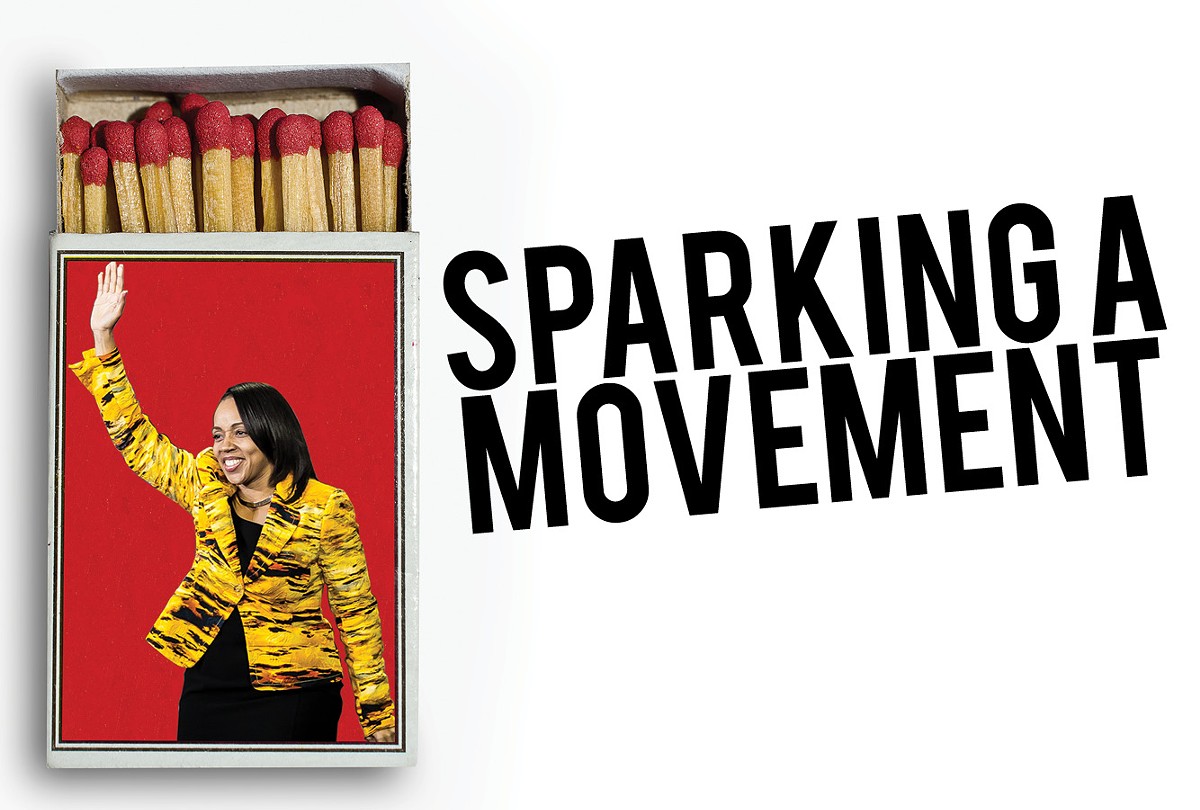Herman Lindsey can tell you what it's like to wait for a turn with death.
After being sentenced to die in 2006, he was put on Florida's death row in 2007, and sat caged inside a plain, box-like cell at the old, dusty state prison in Raiford, where winter and summer temperatures seemed harsher inside than out.
Lindsey was convicted of the murder of a store clerk who was fatally shot during a Fort Lauderdale robbery in 1994. He didn't get to say goodbye to his loved ones when he was sentenced to die, and it was hard for anyone to make the five-hour trek from Broward County to the isolated facility up north. As he fought to prove his innocence, other men were taken into the white execution room, strapped with leather bonds onto a gurney and injected with a fatal cocktail of drugs. Most went quickly and quietly, but at least one execution was painfully botched. As he waited alone, Lindsey begged God to let him go.
"One thing Florida cannot guarantee is that they will not kill an innocent person," he says in an interview. "The system is intact to protect us, to seek justice for victims, but in my case, they created a victim."
And then, one seemingly miraculous day – Tuesday, July 28, 2009 – Lindsey was free. After fighting his case all the way to the Florida Supreme Court, all seven justices agreed the evidence was insufficient to support his conviction, much less the death sentence he received from an 8-4 jury. Lindsey became the 23rd prisoner exonerated and freed from death row in Florida, which leads the nation for exonerees.
Under the shade of the state Capitol building last Thursday, Lindsey told a crowd he's been fighting to abolish the death penalty since he was released in 2009. Lawmakers have heard about his struggles to move past the trauma and live a normal existence – whenever he applies for a job or a place to live, the murder still shows in his background check, and he feels this has wrecked his life. Lindsey felt ignored – until last month.
In March, Orange-Osceola State Attorney Aramis Ayala put herself at the center of the death penalty debate, igniting a firestorm of criticism after she declared she wouldn't pursue an execution for murder suspect Markeith Loyd – or, for that matter, any other case during her tenure.
Hours after Ayala's announcement, she says she was asked by Florida Gov. Rick Scott in a 25-second phone call to recuse herself from the case. She refused and tried to explain the reasoning behind her conclusion – that the death penalty is costly, has no effect on public safety and does not deter crime – but Scott wouldn't listen. Before the end of the day, Scott used his executive authority to remove Ayala from the case and reassign it to another state attorney, saying it was "clear that she will not fight for justice." That move sparked further controversy and fueled a conversation Lindsey has been desperate to have.
"God was giving me the experience to be a voice," he said to the hundreds who traveled miles in buses and cars to support Ayala in Tallahassee. "This year, we actually are being heard. And what State Attorney Ayala is doing is helping us with our fight to end the death penalty."
Lindsey, 44, said he got no apology or compensation from the state after being wrongly imprisoned. Like a church on Sunday, the crowd seated on white plastic chairs listened with rapt attention to Lindsey's sermon, shouting every so often, "Amen!" They'd come from Jacksonville, Orlando and Miami to air their grievances in our lawmakers' playground.
"I done been to that governor's office. He won't even see me. But he says he wants somebody there for justice," Lindsey exclaimed to them, pointing toward the Capitol. "What would have happened if I would have died there?"


